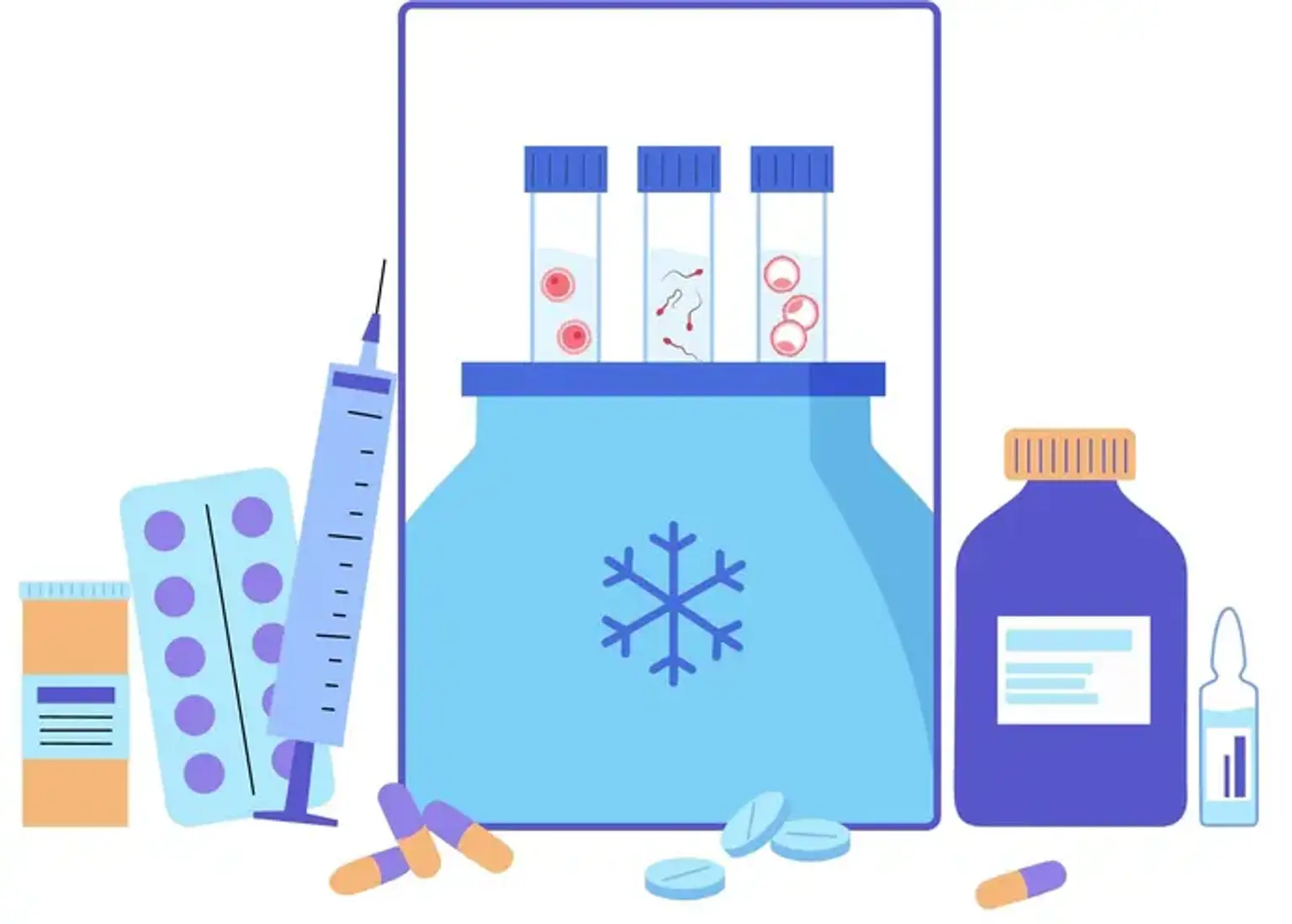Egg Freezing
Overview
Egg freezing is one method of maintaining a woman's fertility so that she can have children in the future. It entails collecting a woman's eggs, freezing them, and then thawing them later for use in fertility therapy.
A woman's chances of naturally conceiving decrease as she ages due to a decrease in the quality and amount of her eggs. Egg freezing is a method of preserving fertility by storing eggs while the lady is young and the eggs are of the greatest quality.
